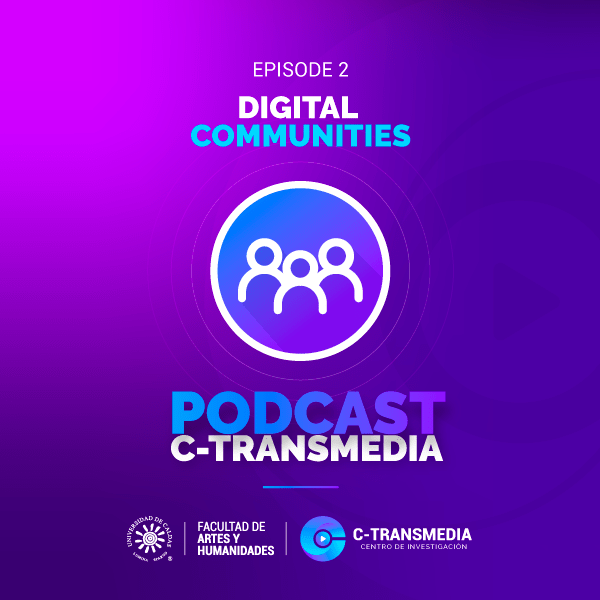
Digital Communities
Have you ever heard of cyber-organized groups of individuals? They are communities that go beyond; they investigate, question, create and share from different parts of the world, all at the same time.
26.04.2021
Digital Communities
Human beings can cooperate with a countless number of strangers to achieve different purposes. This ability to communicate is based on imaginary ties; all linked to a large network spread throughout the world. The network of networks, Arpanet in its origins, and now, the Internet. It can be accessed from any location and at any time. It does not discriminate against gender, age or ethnicity. Everyone can enter it and be part of different communities whose tastes, ideals or interests are shared.
1995, Greensville, Virginia. A young man has died after a car accident. He is totally disfigured and unrecognizable and nothing is known about him. He is wearing only a Grateful Dead T-shirt and two tickets to a Grateful Dead concert. The case was shelved and his body unrecognizable until 2015, when an Internet user known as GREYMETAL published an image with a summary of the whole story, including a spoken portrait of the missing man. In order to find the whereabouts of this person, different pages and profiles are created on Facebook, Reddit and other platforms that begin to disseminate updated information on the case. A whole community of users from different parts of the world began to move around Greateful Dou (the name that had been given to the young man), finally discovering his identity. Days after photos of him and the spoken portraits were published, the missing man’s mother managed to recognize him. Jason was his name and the case was solved. All this, as unreal as it sounds, was made possible by a digital community.
Any large-scale human cooperation seems utopian if it does not have a common purpose. Discovering the identity of a young man was one of them, but, having an alternate life, in a digital universe, could it be another?
Hostile systems, where player alliances make the rules. What you do in New Eden is entirely up to you, you are free to change your role and reinvent yourself as you wish. This is the EVE universe, an MMORPG game, whose platform, on January 2, 2021, achieved the largest number of people connected simultaneously for an online battle: 13,770 players. On that day, two of the most important factions of the game faced each other, thousands of people connected simultaneously, from different backgrounds and languages, managed to coordinate for this great feat. The possibilities of digital communities are and will be unknown data. Everything they accomplish, from discovering murders, missing persons, to creating new worlds and business models, is only a glimpse of what human beings, cooperating on a large scale from remote locations, are capable of.
Platforms such as second life, a video game where 57 million virtual citizens invested nearly 65 million dollars in virtual objects, or the quixotic crusade that users carried out in networks to find a cat killer, a story that went around the world and reached Netflix as a documentary, are just a few examples of what until 2021 digital communities have managed to do, what will be the next great feat?
By Andrea Ortega Jiménez
Communications Area
C-Transmedia